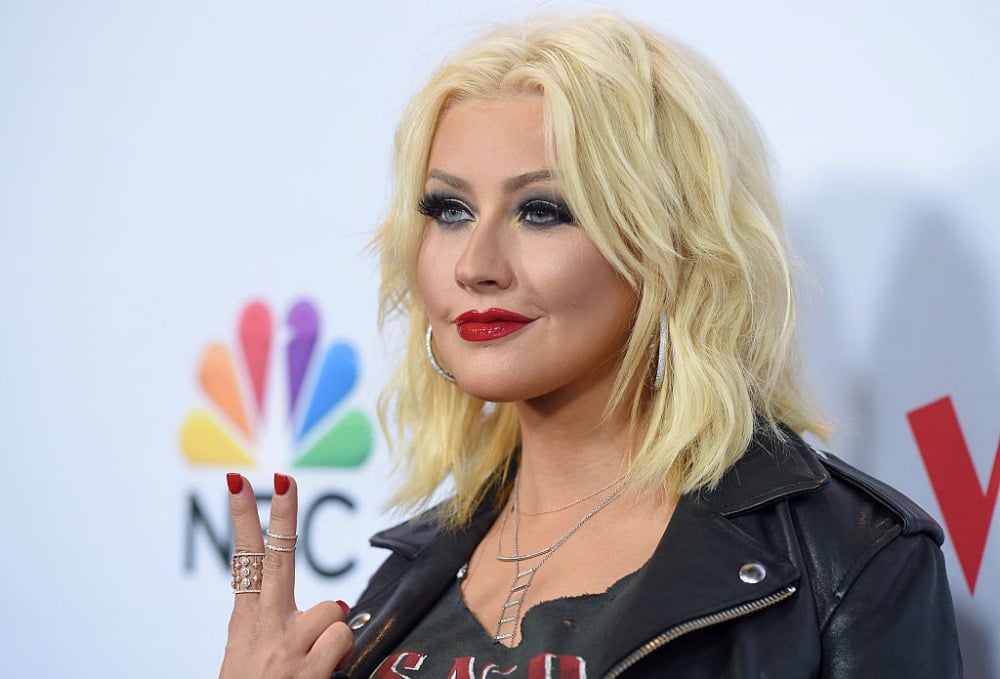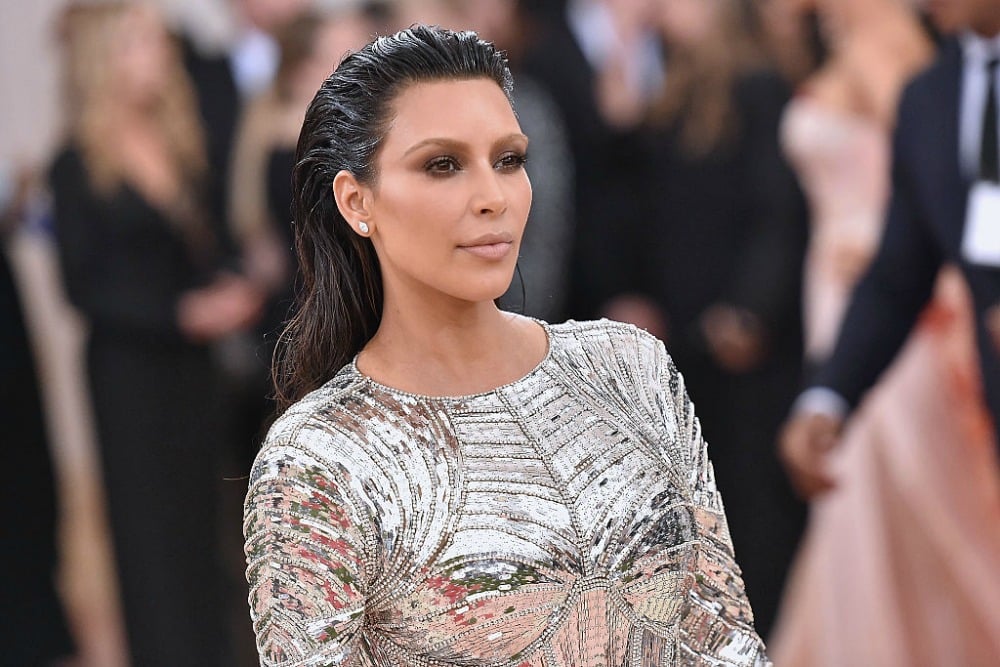The words we use to describe our kids matter regardless of their gender.
My five year-old son approached me again this morning, asking if he was skinny.
His grandparents love to tease him over his “beanpole” body. His pants are never long enough, and we can’t seem to get his belt tight enough on his narrow hips to keep them from falling to his ankles on the playground.
He is skinny, and he hears it all the time from family members, even my husband. Recently he can’t stop obsessing over it, and it comes up time and time again.
“Skinny.”
It gives me this weird feeling in the pit in my stomach every time he says it. He’s constantly wrestling with this word, the concept, what it means as he grows into his awkward little body. I wish he had never heard the word at all.














Top Comments
My oldest son was very skinny. We got the help of a dietitian and she helped us to make sure he was eating the right foods for his fast metabolism. He's now looking very healthy.